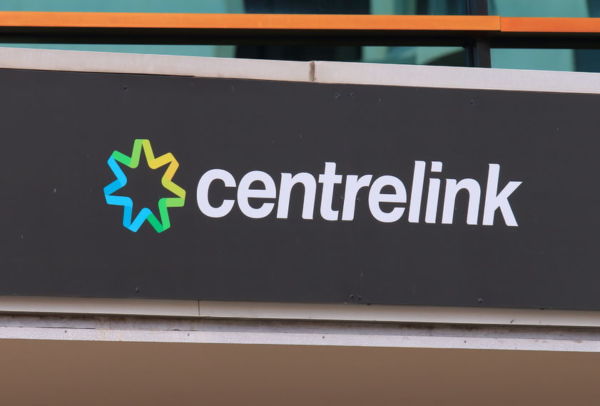Raising Newstart has to become a priority, chief economist says

A chief economist is calling for the government to prioritise increasing the Newstart allowance.
Prime Minister Scott Morrison has ruled out increasing Newstart payments despite the government recording savings in the welfare budget.
The 2017/18 budget figures released on Tuesday show we’re spending less on welfare thanks to strong jobs growth and a lower than expected take-up of the NDIS.
The budget deficit has also reached its lowest level in a decade, now sitting at $10 billion.
The government doesn’t have plans to up Newstart payments, which haven’t increased in real terms in 25 years and sit at just over $275 a week.
Chief Economist at Deloitte Access Economics Chris Richardson says raising the welfare allowance has to become a priority.
“In Australia, we have one of the highest minimum wages in the world and relative to that one of the lowest unemployment benefits in the world,” he tells Chris Kenny.
“If people are worried are we being tough enough on the unemployed, we are compared to every other nation and that gap keeps growing.”
He says adding $10 a day to the existing base rate of unemployment benefits would cost $3.3 billion, but would create a bigger economy.
“Of that direct cost of $3.3 billion, because it’s going to people who will basically spend every cent… it tends to have a bigger boost to the size of the economy than some other things do.”
Click PLAY below for the full interview with Chris Richardson
Labor frontbencher Anthony Albanese says his party will hold an inquiry into the Newstart allowance if they win the next election.
“It’s pretty clear that it hasn’t been increased for a very long period of time. And people really can’t get by on the level of Newstart which is there.”
The Shadow Infrastructure Minister tells Chris Kenny he wants to see both sides of politics come together on the issue.
“Everyone agrees that the priority should be to get people into employment.
“But while they’re not, it shouldn’t be the case that people (are) living essentially in abject poverty.”
Click PLAY below for the full interview with Anthony Albanese



